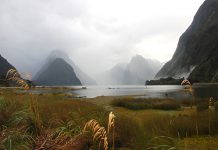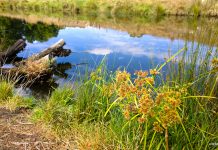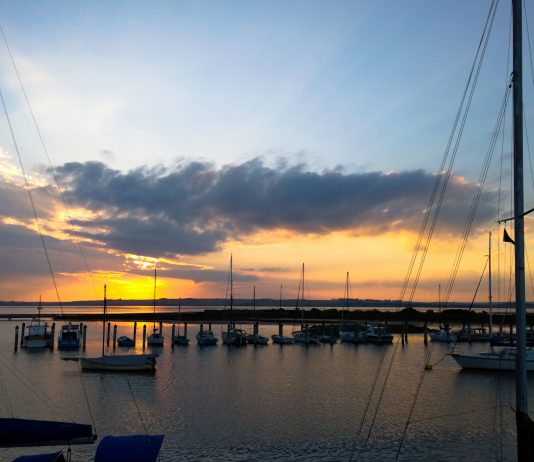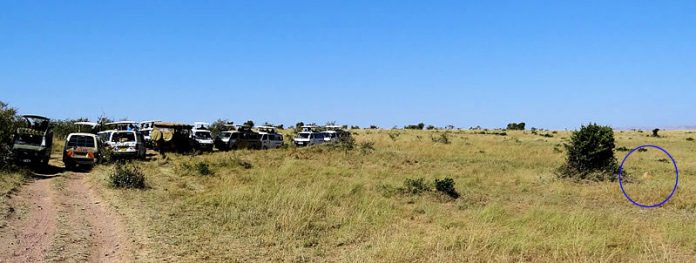
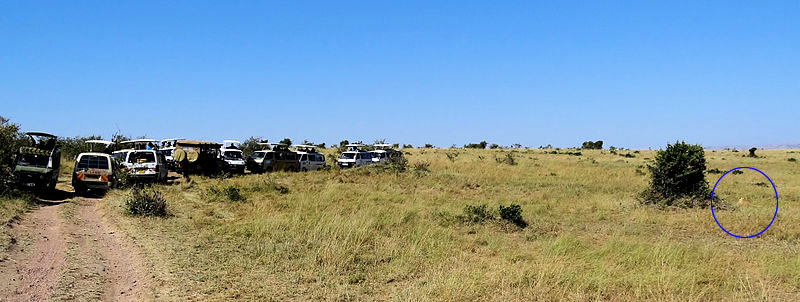
Safari can be translated from its original form meaning “to make a journey” and was used by traders as far back as the 13th century to describe their big game hunts. These days, spears have been replaced by digital cameras and primitive stealthy hunting camps replaced by 5 star luxury cabins. Despite this change, however, one key element has remained the same, the wildlife and the dangers that come with it. It comes as no shock that safety is one of the major concerns for potential travellers looking to go on safari.
General Safety
As a rule of thumb, you should consider every safari different because there are just too many variables involved being able to create one clear cut safety guide. I have taken some time to look into some of the key factors you should take into consideration before choosing your safari.
Political stability
Make sure you check for any travel warnings for the country you are thinking of visiting. In certain African countries where rebels are active, or there is political unrest it could be an idea to look for an alternative location.
Wildlife
Certain safaris are going to be more dangerous than others simply because of the wildlife present in the area. Even if you plan on just looking for springbok, you have to be aware that the same area may also be prime hunting ground for lions, crocodiles, hippopotamus and the home of the deadly black mamba.
Seasons
Seasons will change the levels of safety required during the safari. Mating season, for example, will see animals act more aggressively towards what they consider predators. Wet season is another time of year that could pose new threats as heavy rain may cause flash flooding, which can submerge roads and bush camps.
Guide or self-drive
It goes without saying that if you travel with a professional guide you are going to be in a lot safer hands than if you are on a self-drive safari, for the simple reason that the main decision making will be a seasoned professional. Despite the safety benefits of having a guide, the trend for cheap holidays is making the self-drive safari a popular choice.
Accommodation
You will be perfectly safe in any styles of accommodation offered on safari. It’s more a question of how adventurous you are and your desired level of comfort. If you are looking for adventure and want to feel as close to nature as possible, you can choose basic canvas tent, or if you are with your family and require a more secure compound you can spend the night in a gated safari lodge.
Keep Safe Using Correct Safari Etiquette
Irrelevant of where you choose to go on safari, there will always be rules you have to follow. These can come from the government. The tour company can also make a set of rules to keep its group safe. I have put together some safari etiquette tips for you to read through before you take your first steps into the wilderness!
Always stay in the 4×4 unless otherwise instructed
Remember we are not in the zoo anymore, and certain game will take the pleasure of a free meal!
Never run
If in the rare circumstance you are caught off-guard, the worst thing you can do is run as this will signal to the animal you are prey. What you can do is retreat slowly while continuing to face the animal.
Always wear covered footwear
Africa is notorious for its diverse range of venomous creatures, whether they are spiders, scorpions, snakes or biting ants, protect yourself at all times with a sturdy pair of boots.
Reputation
Despite the international media harshly tarnishing African countries with the same negative brush, you may be surprised to learn that each country has its own unique characteristics, and they are unexpectedly safe. Every country in the world has its precarious areas that should be avoided, especially by tourists, but you have to remember that when on safari you are hundreds of miles away from human population and crime in these areas is slim to none. In fact, in the last decade or so, I have been on numerous safaris in various countries in Africa, and I am yet to see or hear of any criminal activities involving natives.
If you use common sense, listen to your guide and take the precautions that you would take if you were going to any other unfamiliar place then you are sure to capture one of the most remarkable sights in the world.
Photo by: Bjørn Christian Tørrissen

